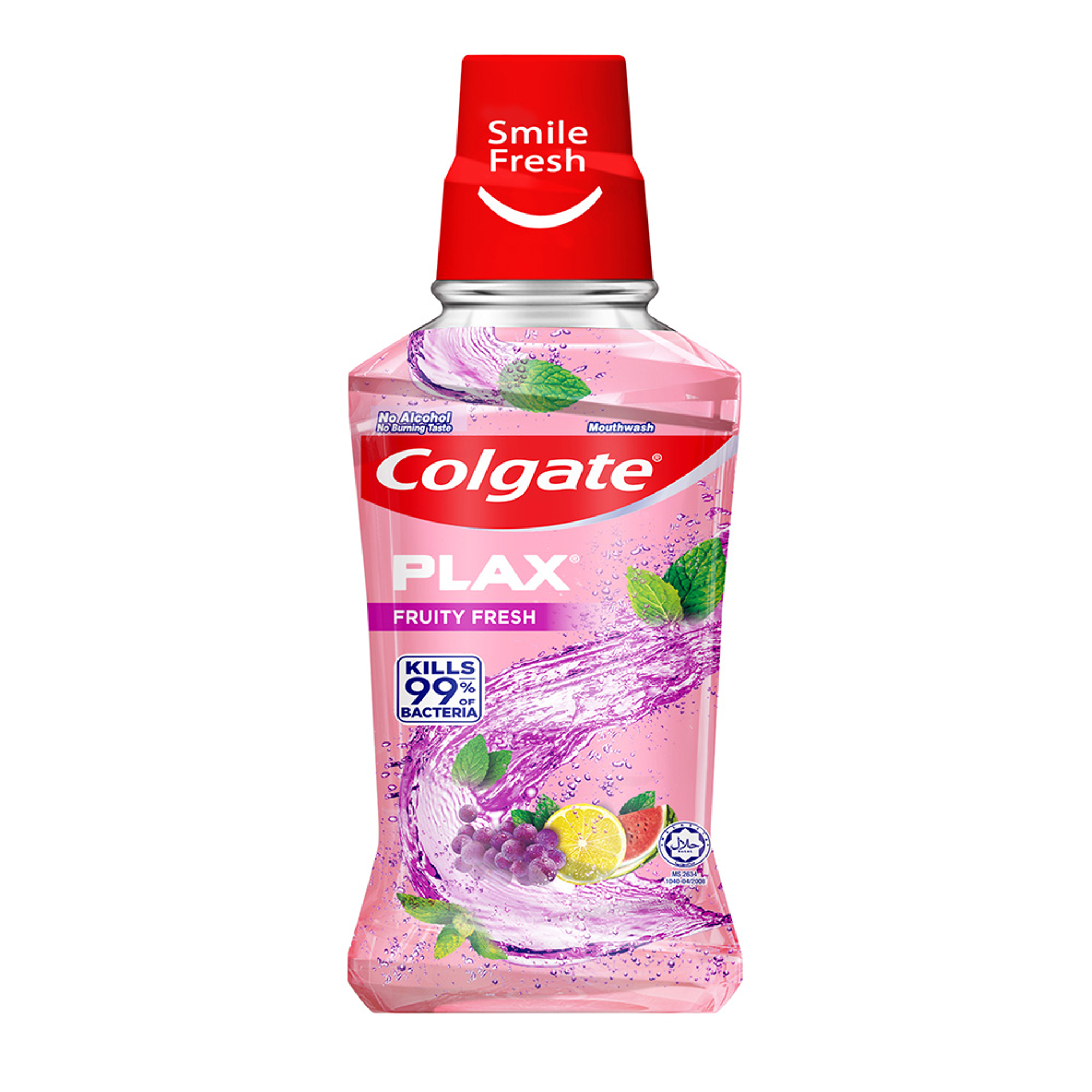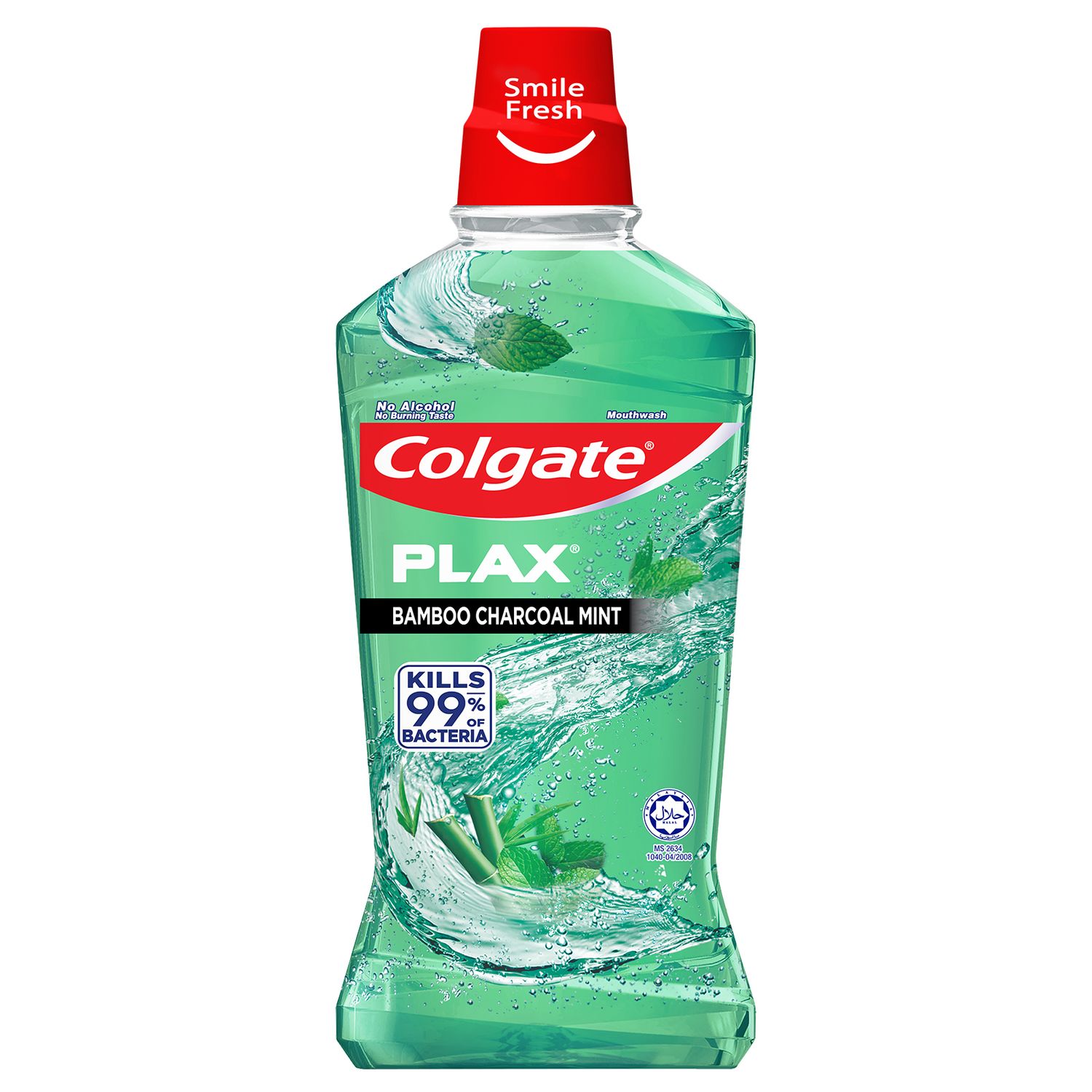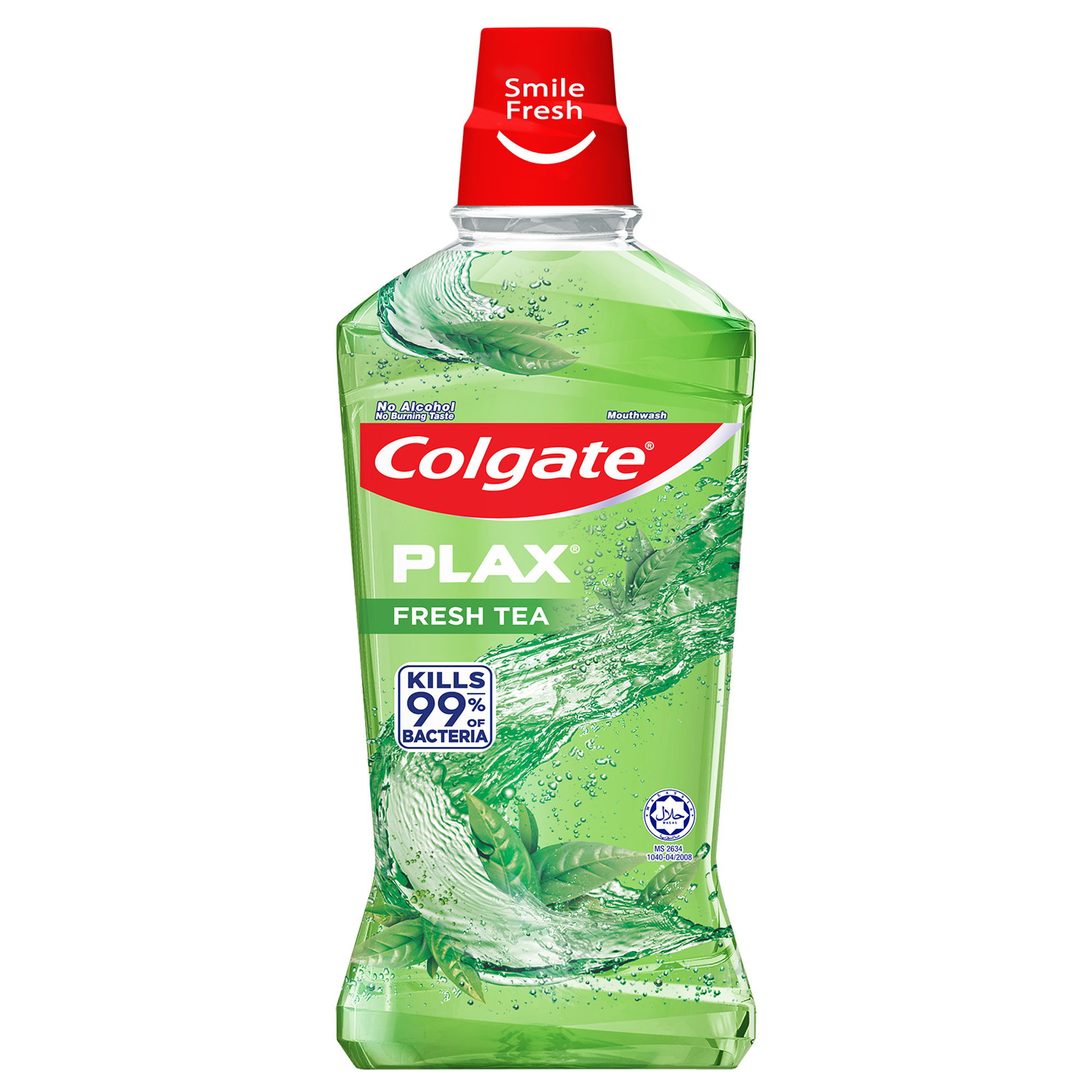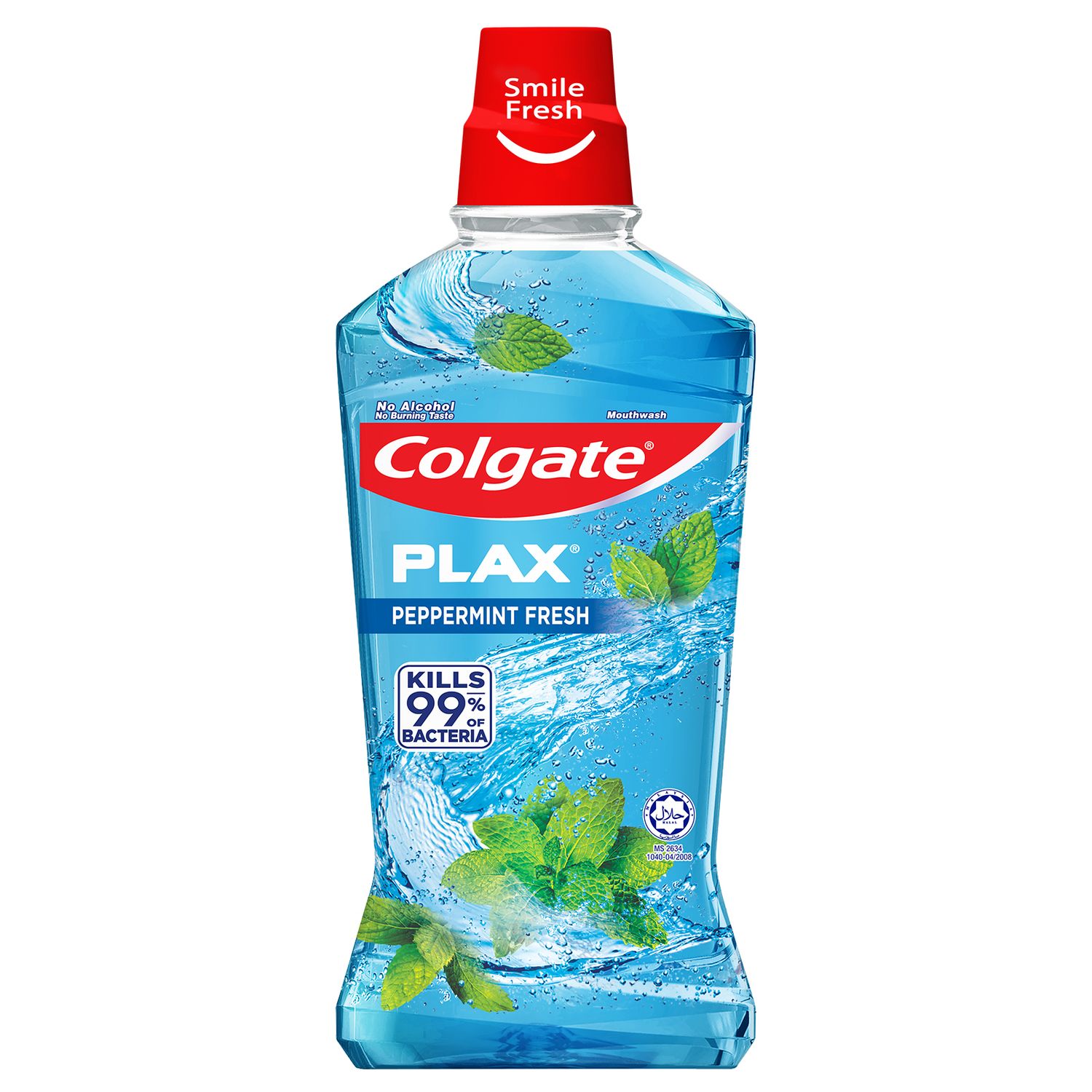What Are Tonsil Stones?
Tonsils play a crucial role in supporting your immune system by filtering out viruses and bacteria that can enter the body through the mouth. , hat are tonsil stones? Tonsil stones, also known as tonsilloliths, are small, hard deposits that form in the crevices of your tonsils. These crevices are naturally occurring folds in the tonsils, called tonsillar crypts, that help trap bacteria and debris from entering your body.
Tonsil stones are made up of dead cells, mucus, and food particles that get caught in the crevices on the surface of the tonsils. They can be found on either side of the pharyngeal tonsils at the very back of the throat. Over time, this debris can harden due to calcium buildup, and tonsil stones form. Tonsil stones are usually harmless and do not require treatment. However, they can sometimes cause bad breath, a sore throat, difficulty swallowing, or throat pain. Their presence can signal more serious health issues, such as infection, tonsillitis, and poor oral hygiene.
What Are The Symptoms of Tonsil Stones?
While tonsil stones may seem like a minor annoyance, they can cause a range of unpleasant symptoms that can impact an individual's daily life. From bad breath to difficulty swallowing, these common tonsil stones symptoms can indicate the presence of these unsightly formations.
Bad breath (halitosis): One of the most noticeable symptoms, caused by the trapped debris and bacteria in the tonsil stones.
Sore throat: The tonsil stones can irritate and inflame the throat, leading to pain or discomfort when swallowing.
Ear pain: In some cases, tonsil stones can cause referred pain or an earache due to the proximity of the tonsils to the ear canals.
Difficulty swallowing: Large or multiple tonsil stones can make it difficult or uncomfortable to swallow food or liquids.
White/yellow debris visible on tonsils: The tonsil stones may be visible as white or yellow formations.
Metallic taste in the mouth: The bacteria and debris in the tonsil stones can leave an unpleasant metallic or bad taste in the mouth.
Tonsil stone’ symptoms can range from mild to severe, depending on the tonsil stones' size, number, and location. Sometimes, tonsil stones are discovered incidentally during a scan, X-ray, or dental examination. Seeking medical attention, especially for recurrent or persistent symptoms, is advisable.
What Causes Tonsil Stones?
When it comes to tonsil issues, you may wonder, what causes tonsil stones? If you experience frequent tonsil infections, small pits in the tonsils might become filled with hard, white substances resembling tiny stones. These stones, known as tonsil stones, can trap bacteria, leading to bad breath and increasing the likelihood of recurring tonsillitis.
Despite their protective function, tonsils are coated with the same mucus that lines the inside of the mouth. They feature numerous pits and crypts, and the presence of these crypts varies from person to person. Within these spaces, bits of food, bacteria, and other debris can become trapped, eventually forming tonsil stones. Regular inflammation or irritation in the tonsils heightens the risk of developing these stones.
Here are some factors that can increase the risk of developing tonsil stones:
Large tonsil crypts: Having naturally larger or deeper crypts in the tonsils makes it easier for debris to get trapped and stones to form
Frequent tonsillitis: Repeated inflammation of the tonsils can irritate the crypts and make them more likely to harbour debris.
Poor oral hygiene: Not brushing and flossing regularly can allow bacteria to build up in the mouth and throat, increasing the chance of it getting trapped in the tonsils.
Dry mouth: Saliva helps wash away debris from the tonsils, but this natural cleaning process can be less effective if the mouth is dry.
Certain foods: For some people, dairy products or other sticky foods can contribute to tonsil stones.
Tonsil stones can result from various factors, ranging from anatomical variations to lifestyle habits and medical conditions. Understanding the potential causes can help individuals identify and address any underlying issues contributing to the formation of these persistent and unpleasant tonsil deposits.
How Are Tonsil Stones Treated?
The treatment approach depends on the severity of symptoms, frequency of stone formation, and individual factors. Maintaining good oral hygiene is also important to prevent a recurrence. Here's how to get rid of tonsil stones:
1. Home Remedies:
Gargling with salt water can help dislodge tonsil stones and reduce inflammation.
Using a cotton swab or soft toothbrush to gently brush the tonsils can help remove stones.
Staying hydrated by drinking plenty of water can thin out mucus and flush out debris.
2. Medical Treatments:
Antibiotics may be prescribed if there is an active tonsil infection caused by the stones.
Topical anesthetics can provide temporary relief from pain and discomfort.
Tonsillectomy, the surgical removal of the two glands (tonsils) in the back of your throat, may be recommended for severe, recurrent cases that do not respond to other treatments.
How to Prevent Tonsil Stones?
If you're wondering how to prevent tonsil stones, developing good oral hygiene habits and making some lifestyle changes can significantly reduce the chances of forming these annoying tonsil deposits. Here are some effective strategies:
Brush your teeth at least twice daily and floss daily to remove food particles and plaque contributing to tonsil stone formation.
Rinse with an antiseptic mouthwash to reduce bacteria in the mouth.
Use a tongue scraper or brush your tongue to remove bacteria and food particles.
Drink plenty of water throughout the day to keep your mouth clean and reduce the debris buildup.
Limit the intake of dairy products, which can increase mucus production and contribute to tonsil stone formation.
A diet high in fruits and vegetables can help maintain oral health.
Using a water flosser can help clean the tonsil crypts and remove trapped particles.
Regular gargling with warm salt water can help dislodge debris and reduce tonsil bacteria.
If you have frequent tonsil infections, seek medical treatment to manage the condition and reduce the risk of tonsil stones.
Visit your dentist regularly for cleanings and checkups to ensure good oral health.
Incorporating these practices into your daily routine can significantly reduce the likelihood of developing tonsil stones. If you continue to experience problems with tonsil stones, consult with a healthcare provider for further evaluation and potential treatment options.
Frequently Asked Questions
1. Why do people get tonsil stones?
People get tonsil stones because food particles, dead cells, mucus, and bacteria can become trapped in the crevices of the tonsils. These materials can harden or calcify over time, forming tonsil stones. Poor oral hygiene, chronic tonsillitis, and having large tonsil crypts increase the likelihood of developing tonsil stones.
2. How long does it take for tonsil stones to go away?
Small tonsil stones may dislodge and resolve on their own within a few days to weeks. Larger or more persistent stones might require tonsil stone removal methods such as manual removal, gargling with salt water, or medical intervention, which can hasten the process. Consulting a healthcare provider is advisable if tonsil stones recur frequently or cause significant discomfort.
3. Are tonsil stones hard or soft?
Tonsil stones can vary in texture. Initially, they might be soft and pliable, but over time, they often harden due to the accumulation of calcium and other minerals, becoming firm or even hard. The hardness of tonsil stones can depend on their size and the length of time they have been forming.
4. Does mouthwash help with tonsil stones?
Using an antiseptic or antibacterial mouthwash reduces bacteria and flushes out food particles and debris, helping to prevent the formation of tonsil stones. Regular use can be effective in managing and preventing tonsil stones.














